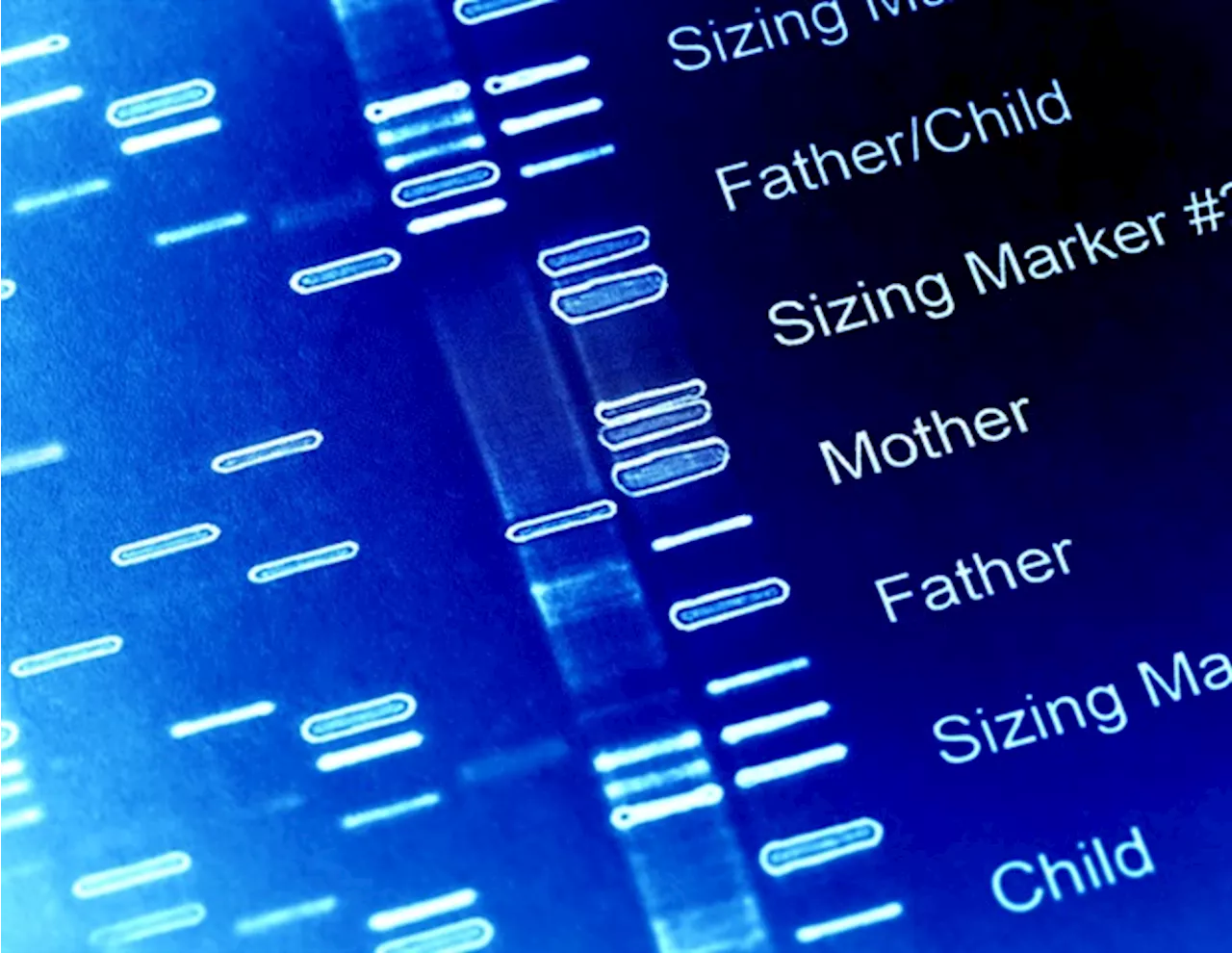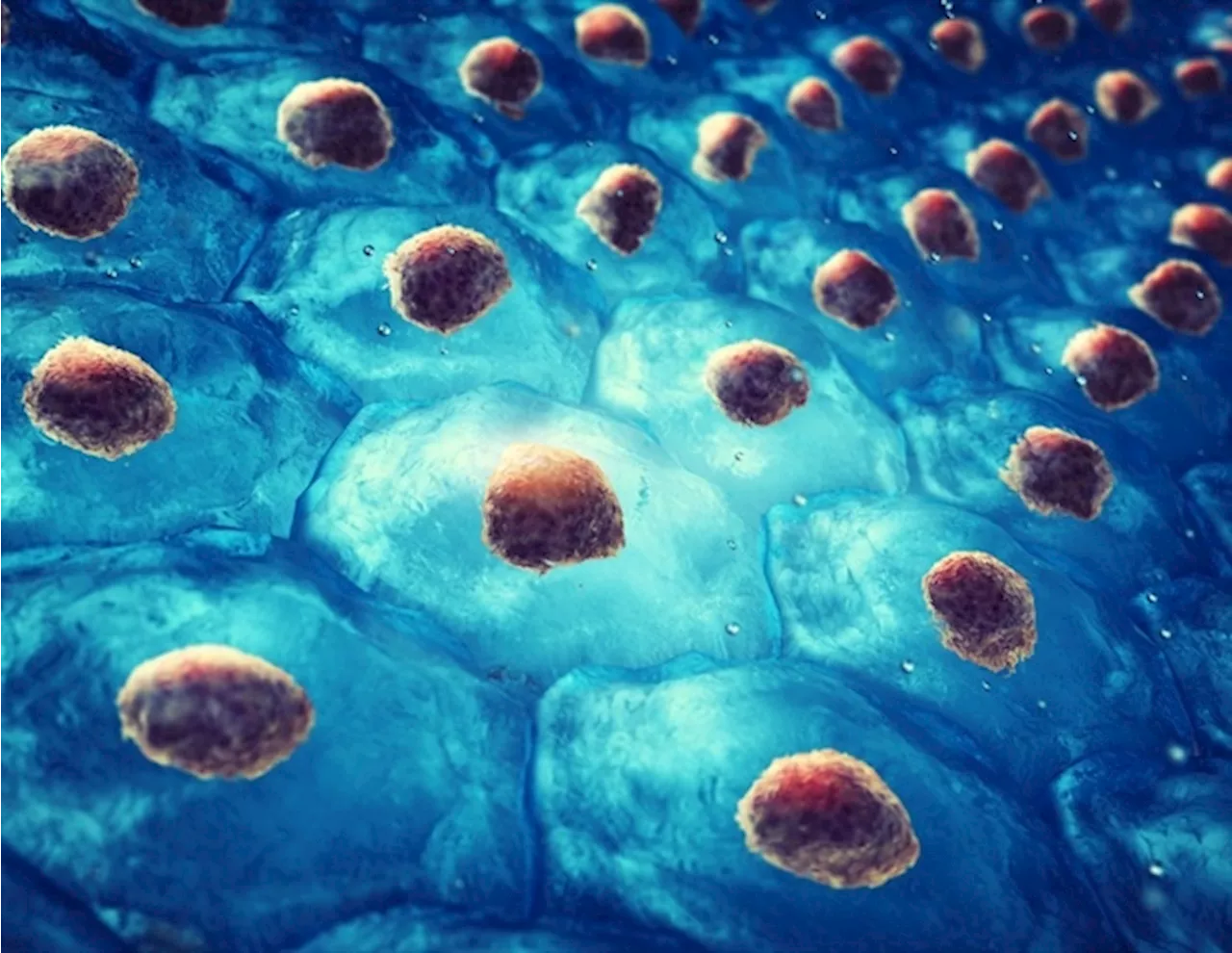Researchers reveal that spermidine-mediated acetylhypusination of RIPK1 suppresses necroptosis and insulin resistance, offering potential therapeutic strategies for type 2 diabetes.
By Tarun Sai LomteReviewed by Susha Cheriyedath, M.Sc.Nov 18 2024 New research uncovers how a natural polyamine, spermidine, modifies RIPK1 to block inflammation and metabolic damage, opening doors to innovative diabetes treatments.In a recent study published in the journal Nature Cell Biology, researchers investigated how N-acetyltransferase -mediated post-translational modification, acetylhypusination, regulates insulin sensitivity and necroptosis.
The gene encoding human NAT2 , an ortholog of murine Nat1 , has been reported to mediate insulin sensitivity. hNAT2 and mNAT1 serve as arylamine N-acetyltransferases in the xenobiotic metabolism of exogenous molecules, like aliphatic amines and some drugs. Recent studies indicate that NAT2 acetylates endogenous aliphatic amines, such as spermidine and putrescine.
Further, Nat1 KO MEFs had lower levels of acetylated forms than WT MEFs and had a higher sensitivity to necroptosis and receptor-interacting serine/threonine-protein kinase 1 -dependent apoptosis . However, treatment with spermidine resulted in a dose-dependent reduction in RIPK1 activation in WT and Nat1 KO MEFs.
Next, the team used mass spectrometry to investigate potential hypusination sites in RIPK1 in Nat1 KO and WT MEFs. This identified an acetylhypusination site , ac-hyp-K140, within the kinase domain and hypusination sites in the kinase and intermediate domains. The researchers focused on the K140 site, given that ac-hyp-K140 was ninefold reduced in Nat1 KO MEFs relative to WT MEFs.
Besides, adipocyte hypertrophy was observed after Nat1 deletion. However, this was not observed in mice with genetically inactivated RIPK1, highlighting RIPK1's role in mediating these metabolic defects. Next, the researchers studied the vascular pathology induced by the endothelium-specific Nat1 loss.
Vascular Aging Apoptosis Autophagy Cell Cell Biology Diabetic Nephropathy Gene Global Health Hyperglycemia Inflammation Insulin Insulin Resistance Kidney Kinase Mass Spectrometry Metabolism Model Organisms Necroptosis Nephropathy Obesity Pathology Protein Receptor Research Serine Spectrometry Threonine Type 2 Diabetes
United Kingdom Latest News, United Kingdom Headlines
Similar News:You can also read news stories similar to this one that we have collected from other news sources.
 Researchers identify genetic links to brain volume and disordersIn one of the largest-ever studies of DNA and brain volume, researchers have identified 254 genetic variants that shape key structures in the 'deep brain,' including those that control memory, motor skills, addictive behaviors and more.
Researchers identify genetic links to brain volume and disordersIn one of the largest-ever studies of DNA and brain volume, researchers have identified 254 genetic variants that shape key structures in the 'deep brain,' including those that control memory, motor skills, addictive behaviors and more.
Read more »
 Emory researchers discover enzyme to combat IgG-mediated disordersMyasthenia gravis (MG) is a chronic autoimmune disorder in which antibodies block communication between nerves and muscle, resulting in weakness of the skeletal muscles.
Emory researchers discover enzyme to combat IgG-mediated disordersMyasthenia gravis (MG) is a chronic autoimmune disorder in which antibodies block communication between nerves and muscle, resulting in weakness of the skeletal muscles.
Read more »
 British sleep researchers urge the government to abolish twice-yearly clock changesA team of leading sleep researchers from the British Sleep Society have called for the government to abolish the twice-yearly clock changes in the UK due to the adverse effects on sleep and circadian health.
British sleep researchers urge the government to abolish twice-yearly clock changesA team of leading sleep researchers from the British Sleep Society have called for the government to abolish the twice-yearly clock changes in the UK due to the adverse effects on sleep and circadian health.
Read more »
 Researchers discover how ovarian tumors cripple immune cellsWeill Cornell Medicine researchers have discovered a mechanism that ovarian tumors use to cripple immune cells and impede their attack-;blocking the energy supply T cells depend on.
Researchers discover how ovarian tumors cripple immune cellsWeill Cornell Medicine researchers have discovered a mechanism that ovarian tumors use to cripple immune cells and impede their attack-;blocking the energy supply T cells depend on.
Read more »
 Researchers create mini-brains to study autism and test new treatmentsUsing stem cells generated from patients with a rare and severe form of autism spectrum disorder and intellectual disability, Scripps Research scientists have grown personalized 'mini-brains' (or organoids) to study the disorder in new detail.
Researchers create mini-brains to study autism and test new treatmentsUsing stem cells generated from patients with a rare and severe form of autism spectrum disorder and intellectual disability, Scripps Research scientists have grown personalized 'mini-brains' (or organoids) to study the disorder in new detail.
Read more »
 Researchers identify mechanism of immune suppression in ovarian cancerWeill Cornell Medicine researchers have discovered a mechanism that ovarian tumors use to cripple immune cells and impede their attack—blocking the energy supply T cells depend on. The study, published Oct. 23 in Nature, points toward a promising new immunotherapy approach for ovarian cancer, which is notoriously aggressive and hard to treat.
Researchers identify mechanism of immune suppression in ovarian cancerWeill Cornell Medicine researchers have discovered a mechanism that ovarian tumors use to cripple immune cells and impede their attack—blocking the energy supply T cells depend on. The study, published Oct. 23 in Nature, points toward a promising new immunotherapy approach for ovarian cancer, which is notoriously aggressive and hard to treat.
Read more »
